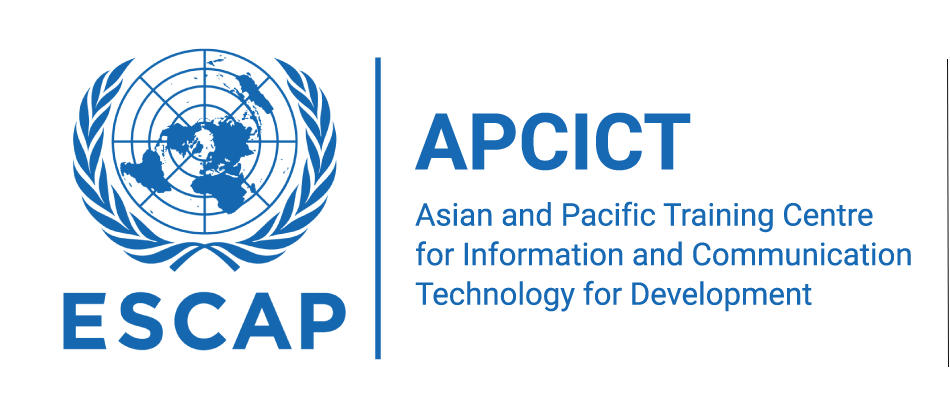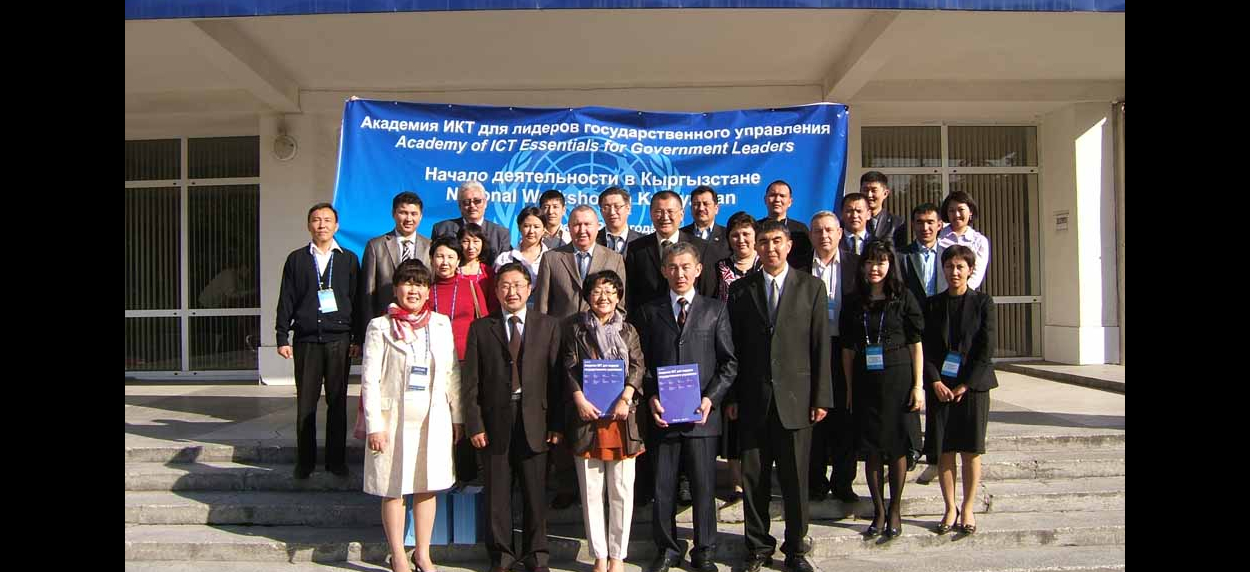A training curriculum for policymakers that focus on ways in which information and communication technologies (ICT) can contribute to the social and economic advancement in Commonwealth of Independent States (CIS) countries was launched in Dushanbe, Tajikistan on 30 September 2009. The launch marked the start of a series of Academy workshops in CIS countries and other Russian-speaking nations, the first of which concluded on 2 October at the Tajik Technical University. Today, a second Academy workshop begins in Kyrgyzstan and will run until 7 October.
5 October 2009
Press Release No: G/64/2009
Bangkok (UN/ESCAP Information Services) - A training curriculum for policymakers that focus on ways in which information and communication technologies (ICT) can contribute to the social and economic advancement in Commonwealth of Independent States (CIS) countries was launched in Dushanbe, Tajikistan on 30 September 2009.
The training curriculum – the “Academy of ICT Essentials for Government Leaders” (Academy) – was originally developed by the United Nations Asian and Pacific Training Centre for Information and Communication Technology for Development (APCICT) for countries of Asia and the Pacific. The curriculum was recently translated into Russian with the assistance of the National Information Technology Centre (NITC) of Kyrgyzstan.
The launch marked the start of a series of Academy workshops in CIS countries and other Russian-speaking nations, the first of which concluded on 2 October at the Tajik Technical University. This first workshop targeted senior policymakers in Kazakhstan, Kyrgyzstan, Tajikistan, Turkmenistan and Uzbekistan.
Today, a second Academy workshop begins in Kyrgyzstan and will run until 7 October. This workshop will be conducted by NITC with ICT policymakers from 25 government ministries and agencies invited to participate. The opening ceremony of the workshop will be presided over by the Deputy Minister of Transportation and Communication, Mr. Taalaibek Eshaliev, and participated by heads and representatives of 18 Kyrgyz government agencies.
As CIS countries transition to open market economies, increasing access to ICT and its use for social and economic development is high on the agenda.
“Policymakers are indispensable in creating and sustaining the type of environment that promotes the effective use of ICT for development,” says Hyeun-Suk Rhee, Director of APCICT. “Ensuring that policymakers of CIS countries have a good understanding of what the current digital technology is capable of, where the technology is headed, and what this implies for policymaking, is a priority for APCICT.”
Both training workshops in Tajikistan and Kyrgyzstan focus on linkages between ICT and the Millennium Development Goals, as well as ICT policy and governance. They are led by Russian-speakers who have undergone APCICT’s training of trainers programme. These resource persons have developed case studies directly from the CIS countries, which are presented at the workshops to enhance the relevance of the training content and depict the benefits of these technologies in a context familiar to the audience.
As part of APCICT’s efforts in promoting South-South cooperation, a Russian-speaking expert from the Intec Company in Mongolia is one of the resource persons at the workshops. Intec has been involved in customizing the Academy and conducted two national Academy workshops in partnership with the ICT Authority and the Academy of Management in Mongolia.
The launch event was co-organized with the Central Asian Research and Education Network (CAREN), and it was hosted by the Tajik Academician Research and Educational Network Association (TARENA). The event was witnessed by over 60 high-level officials, including Zukhurov B.S., Vice Minister of Transport and Communications RT; Rakhimov F., Vice Minister of Education; and Safiev Khaidar, Adviser of the President on ICT Issues in Tajikistan. Senior representatives from several diplomatic missions, UN agencies, and the academic and research community also participated in the event.
- For more information on the Academy, please visit http://www.unapcict.org/academy
- Download the Russian version of the Academy curriculum at http://www.unapcict.org/academy/translation/russian



